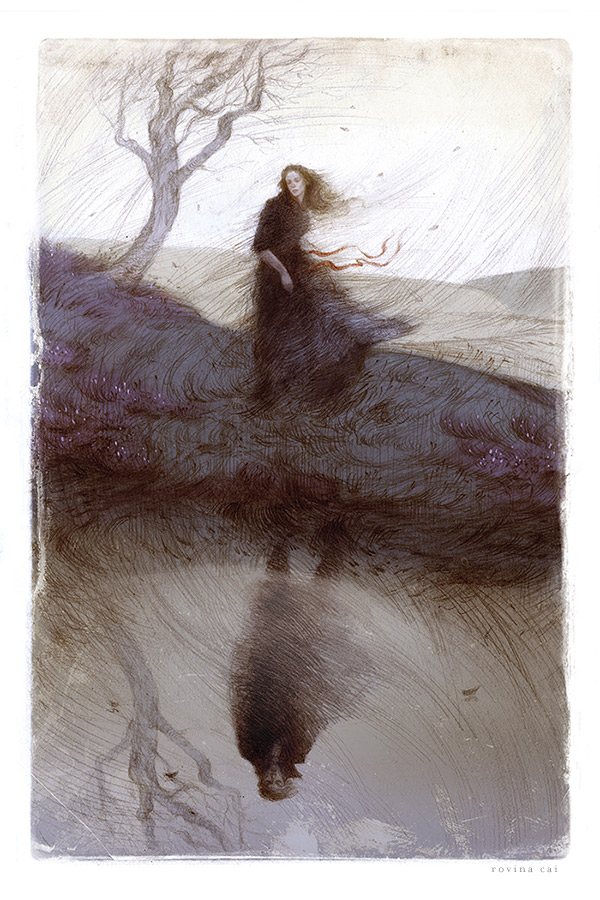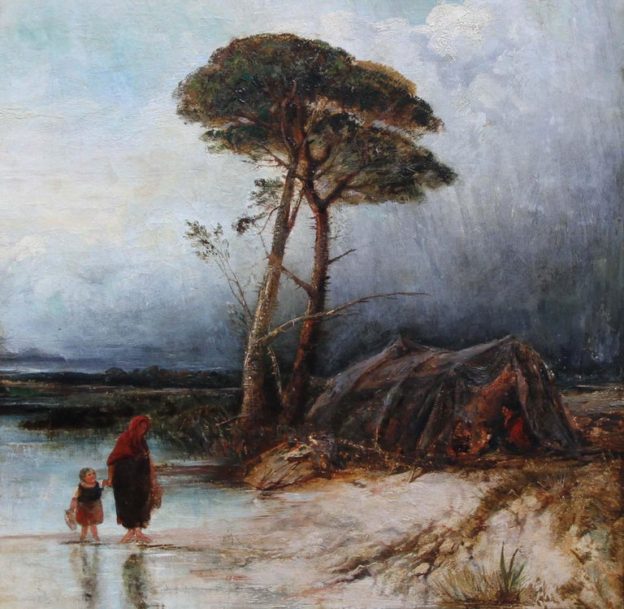I’ve always viewed Victorian literature as the space of snobbish literary pedants, what with all the focus on nigh-puritanical cultural inhibitions and cloying romantic dialogue. And no, this class has not completely changed this perception of mine, but it has given me some insight at least into the inner minds of those who wrote during the period. If I had read _Wuthering Heights_ without the proper context of Emily Bronte’s upbringing, I most likely would’ve perceived it as just another one of those ubiquitous-romantic-bildungsromans that make my mind swim and my eyes roll back into my skull (let’s just say that the lengthy passages focusing on the angst suffered by Cathy or Heathcliff or Catherine or were not my cup of tea). I would never have considered it was an analogy for Bronte’s angst about inter-English colonization, or the entrapment caused by religious and social roles. It’s not _just_ about the soap opera-esque romance plot.
Continuing that strain of thought, doing background research for my paper and for the presentation on Thomas Malthus were some of my favorite things to do. Having not known a ton about where capitalism actually came from, I was relatively unaware of the omnipresent Adam Smith, and it was fascinating reading about not only how he started the whole economic ideology, but how Malthus’ own policies grew out of them naturally. Come to think of it, a lot of the historical scenarios discussed in class were deeply imbued in the texts (but I guess that’s just the nature of studying literature; everything is a product of its time). I kept bringing in situations and context from my other class just because it was so fun to see how intertwined and centralized the world was becoming in this period. It’s a class that combined one part History with two parts English, and frankly, I think the context really helped flesh things out moreso than other English classes.
P.S. Lockwood was my favorite character in _Wuthering Heights_. Every passage from his perspective is absolutely hilarious. I think Bronte really nailed the haughty Southern London type, and I was disappointed that the majority of the novel was told from Nelly’s more subdued point of view.


